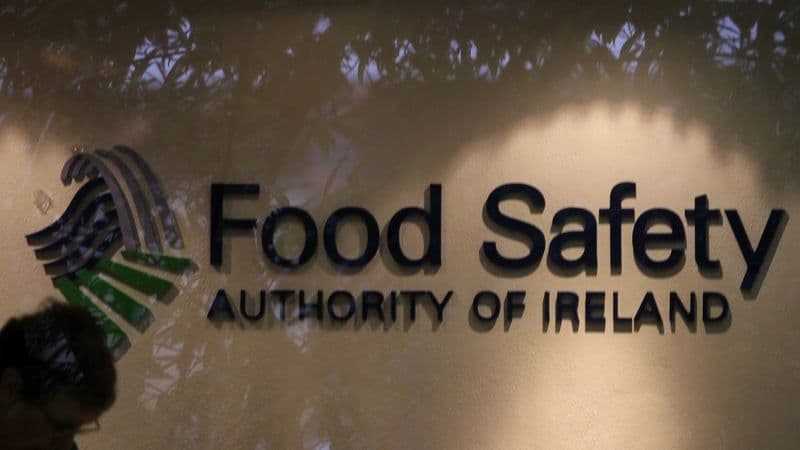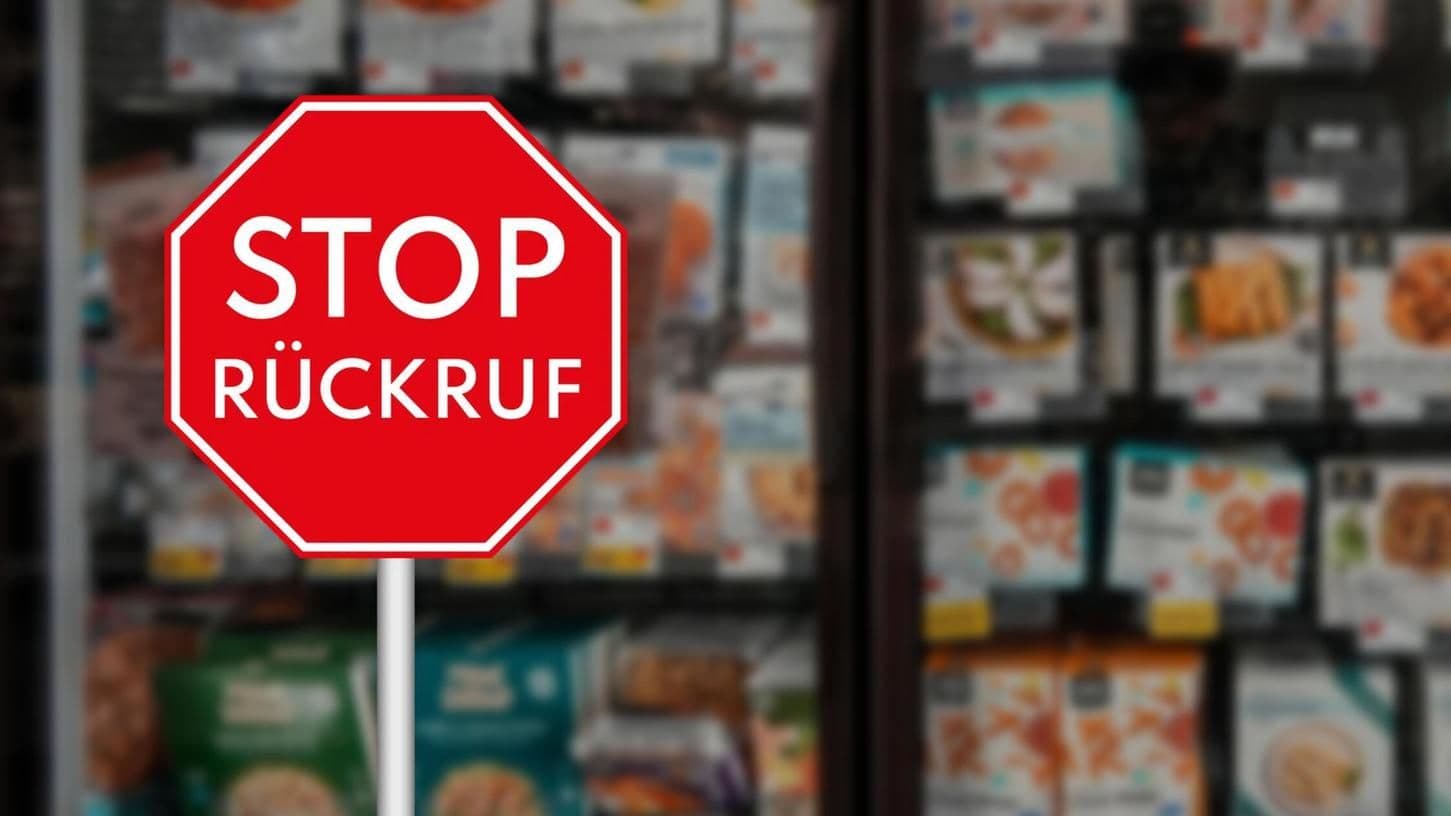Beyond the Pasta: Unpacking the Hidden Layers of Supermarket Food Recalls
Unpack the recent Tesco pasta recall to reveal the critical food safety systems protecting your plate. Understand your rights, the recall process, and how vigilance builds consumer trust.
The Immediate Alert: Your Guide to the Latest Tesco Recall
A recent alert from the has prompted to withdraw several pasta salad products from shelves, advising customers not to consume them due to potential salmonella contamination. This isn't just a minor issue; salmonella can lead to unpleasant symptoms like fever, diarrhoea, and abdominal cramps, and anyone experiencing these should self-isolate for at least 48 hours to prevent further spread. The products implicated in this urgent recall include , , and , all carrying specific use-by dates of July 24 or 25, 2025. If you've purchased any of these, the advice is clear: do not eat them. Instead, return them to any store for a full refund, no receipt necessary. This immediate action highlights the swift response mechanisms in place to protect public health, ensuring that potentially harmful products are removed from circulation as quickly as possible. It’s a direct call to action, reminding us that vigilance starts right at home.
Behind the Scenes: How Food Safety Systems Protect Your Plate
When a product recall hits the headlines, it often sparks concern, but paradoxically, it's also a powerful testament to the unseen, robust food safety systems diligently working to protect consumers. This recent recall, triggered by the possible presence of salmonella discovered during routine testing, exemplifies how these mechanisms operate. The process begins long before a public announcement, with rigorous checks and balances implemented throughout the supply chain. Regulatory bodies like the play a crucial role, acting as the ultimate oversight, issuing 'Product Recall Information Notices' or even 'Food Alerts for Action' when a serious risk is identified. They differentiate between a 'withdrawal' (taking products off shelves before sale) and a 'recall' (asking customers to return products already sold), ensuring the appropriate level of public notification. This multi-layered approach, involving continuous monitoring by retailers and vigilant enforcement by authorities, is designed to catch potential issues early, preventing widespread illness and safeguarding the integrity of our food supply.
Navigating a Recall: Your Rights and Next Steps as a Consumer
Understanding your rights and what to do during a food recall is crucial for consumer empowerment. When a supermarket like announces a recall, your primary right is a full refund for the affected product, typically without needing a receipt. The process is designed to be straightforward: simply return the item to any store. Beyond the immediate financial reimbursement, there's the critical aspect of health. If you've consumed one of the recalled pasta salads and begin experiencing symptoms like fever, diarrhoea, or abdominal cramps, remember these are classic signs of salmonella. The expert advice is to isolate yourself for at least 48 hours after symptoms subside to avoid passing the infection to others. Supermarkets and regulatory bodies provide clear channels for information, such as contact page, ensuring you have access to further details and support. This proactive guidance isn't just about problem resolution; it’s about providing peace of mind and demonstrating a commitment to consumer welfare, transforming a potentially alarming situation into a manageable one.
The Ripple Effect: Building Trust in a Complex Food Supply Chain
While a food recall might seem like a hiccup, it actually serves as a vital stress test for the entire food supply chain, ultimately contributing to stronger consumer trust. In an era of global sourcing and intricate logistics, the journey from farm to fork is incredibly complex. When an issue like salmonella contamination is detected and swiftly acted upon, it signals that the elaborate network of quality control, testing, and regulatory oversight is functioning as intended. rapid response and clear communication, alongside the alerts, reinforce the perception of transparency and accountability. Far from eroding confidence, these incidents, when handled effectively, can actually build it. Consumers witness firsthand that both retailers and regulators are vigilant, prioritising public health over profit and demonstrating that even in a highly complex system, safeguards are in place. This commitment to swift action and open dialogue is the bedrock of trust, assuring us that despite the inherent challenges of a vast food industry, our safety remains paramount.
Related Articles

From Pantry Staple to Public Hazard: The Unseen Vulnerabilities Behind the Tuna Recall

From Pantry Staple to Public Hazard: The Unseen Vulnerabilities Behind the Tuna Recall

The Unseen Threat in Your Supper: Unpacking Ireland's Ready Meal Crisis

The Unseen Threat in Your Supper: Unpacking Ireland's Ready Meal Crisis

More Than Just a Recall: Unpacking the Wiltmann Salami Incident's Broader Implications

More Than Just a Recall: Unpacking the Wiltmann Salami Incident's Broader Implications

When Dinner Delivers Danger: Inside the World of Food Safety Alerts
